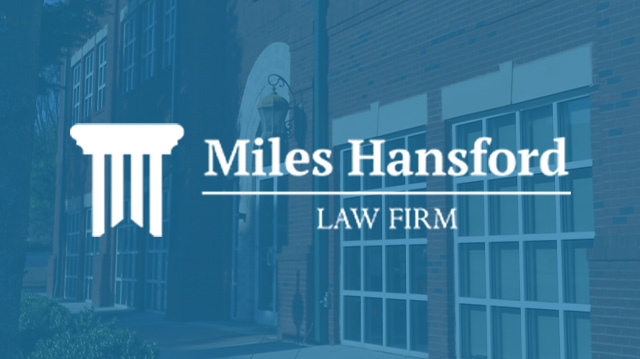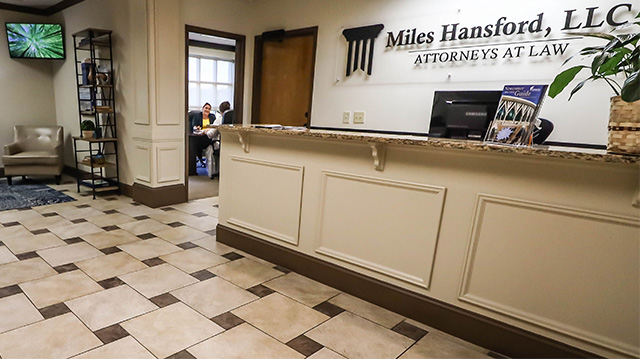
Your Contested Divorce Team
Contested No-Fault Divorce in Alpharetta
What Is a Contested Divorce or No-Fault Divorce?
If you and your spouse are unable to reach an agreement regarding all issues related to the divorce, including child custody, division of property/debts or even the grounds for the dissolution, the courts consider the case to be contested.
Cases can be contested in whole or in part. If a divorce is contested in whole, this means that the parties have not been able to agree on any terms. However, many divorces may be contested in part. This means that perhaps the parties agree on child custody but disagree over the amount of child support to pay.
Georgia law provides for many fault-based grounds for divorce, as well as one no-fault divorce method. Seeking a no-fault divorce — saying that your marriage is “irretrievably broken” — does not make your divorce uncontested, nor does it have anything to do with the issues of settlement. It simply does not seek to assign specific blame to one party as to why the marriage did not work.
Ultimately, if you file on fault grounds, such as adultery, substance abuse or addiction, you must prove your spouse guilty of these actions.
Contact us online or by calling (770) 574-6688 today!
What Happens When I File For Divorce In a Contested Case?
When filing a contested divorce in Alpharetta, you must include a financial disclosure affidavit with the court showing details of your current budget, assets and debts. You must also exchange copies with your spouse.
Either party may request a temporary hearing to ask a judge to determine if any temporary orders are necessary regarding child support, child visitation, dissipation of marital assets or even harassment. These orders will be in place until completion of the divorce decree.
If there are children involved, you will also be required to file a detailed parenting plan before the divorce will be finalized, regardless of whether it is an uncontested or contested divorce. Should custody be in dispute, the parties can request a guardian ad litem to investigate any allegations that the parties are accusing of one another. This guardian ad litem will meet with you and your spouse, as well as others familiar with your children, and will make recommendations to the court based on their independent investigation.
After the divorce case is filed, there is also a period of time where each of the parties can request information from each other or people not directly involved in the case. This is called the discovery period.
What Issues Are Typically Contested in a Divorce?
Divorce is often a complex and emotionally charged process, especially when it involves contested issues. In Alpharetta, GA, as in many other places, several key areas commonly become points of contention between spouses. Understanding these issues can help you prepare for the potential challenges ahead.
- Child Custody and Visitation: One of the most contentious aspects of a divorce involves decisions about the custody of any children. Parents often disagree on who should have primary custody, how visitation schedules should be arranged, and how major decisions about the child's upbringing should be made. The court's primary concern is the best interest of the child, which can involve considering factors such as the child's relationship with each parent, the parents' living situations, and any history of abuse or neglect.
- Child Support: Alongside custody, child support can also be a significant source of dispute. Determining the appropriate amount of financial support that one parent should provide can lead to disagreements. This includes debates over income levels, necessary expenses for the child, and the financial capabilities of each parent.
- Division of Property: Dividing marital property can be highly contentious, especially in longer marriages where significant assets have been accumulated. This includes not only physical property like homes and vehicles but also financial assets such as bank accounts, retirement funds, and investments. Determining what constitutes marital versus separate property and assigning fair value can lead to prolonged disputes.
- Debt Allocation: Just as assets need to be divided, so too must any debts incurred during the marriage. This includes mortgages, credit card debt, car loans, and other liabilities. Deciding who is responsible for which debts can be a major point of contention, especially if one spouse feels the other is unfairly burdening them with more than their fair share.

Rely On Our Skills & Knowledge
See How We Stand Out From the Rest
-
We Provide a One-on-One Client Experience
-
We're Committed to Finding a Solution
-
Years of Collective Legal Experience
-
We Want the Best for Each Client




